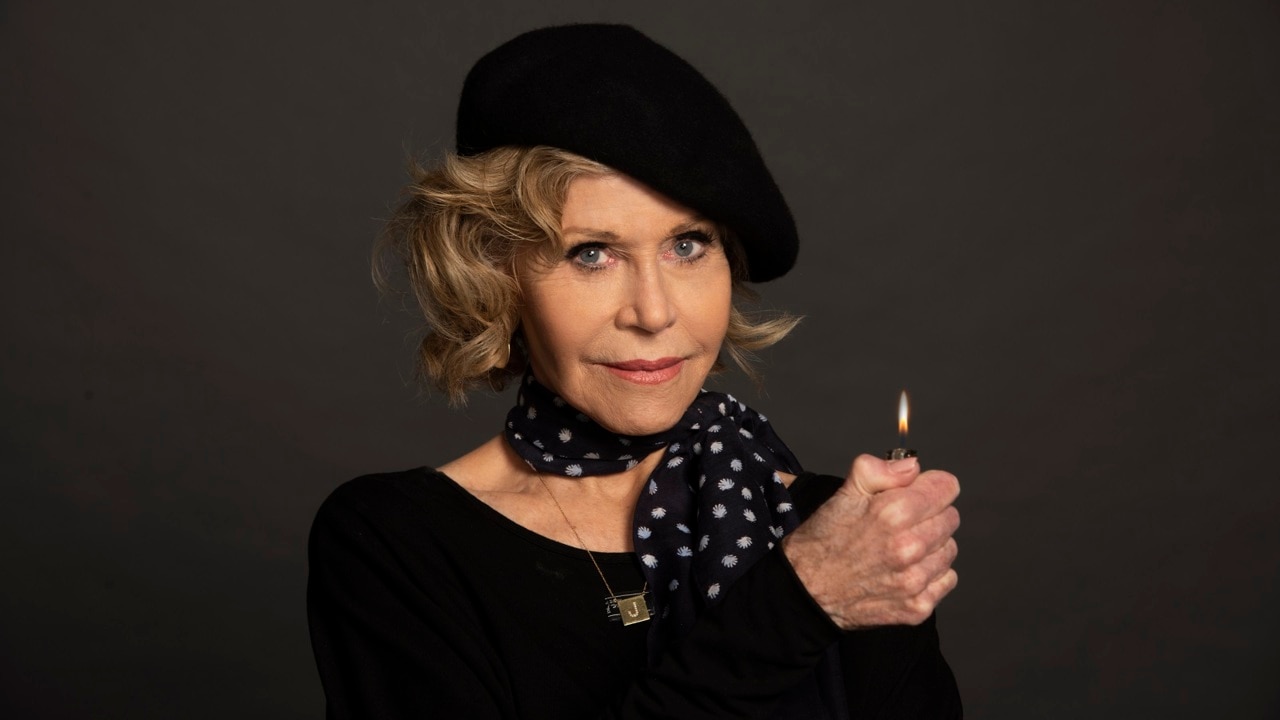Dr Zac Turner on how to avoid Australia’s number one killer
A Sydney doctor has revealed the most common killer amongst Australians and offered advice on what to do to avoid it.

Welcome to Ask Doctor Zac, a weekly column from news.com.au. This week, Dr Zac Turner talks about cancer.
Question: Hi Dr Zac, it seems so many Aussie celebrities are passing away from cancer lately. I can’t help but think it’s their lifestyles that are the main cause of cancer, but, as we are always told, a celebrity’s life is much more boring than you think.
It feels like an everyday lifestyle will put you at risk of getting cancer. I’d like to be proactive and reduce the risk, so I can spend as much time with my grandchildren. Are you able to break down the common cancers, and how we can prevent them? – Steven, 68, Queensland
Answer: It’s never too late to make an appointment with your doctor and set out a health action plan to ensure you stay fit and healthy for as long as possible. 135 Australians die from cancer every day, and 413 Australians are diagnosed every day. It is the leading cause of death in the country.
Imagine if every morning the news bulletin read out the daily cancer numbers, just like how they did with Covid-19 during the height of the pandemic. I think every Australian would be making better lifestyle choices to ensure they don’t become another statistic in the fight against cancer. That being said, please don’t go to online now with a strange symptom you might be having and freak yourself out.
Overgrowth of cells are for the most part benign and if we were to do full reviews of every individual we would all have unique differences. Benign tumours are cell overgrowth that we are often completely oblivious to and have no impact on our lives i.e. they stay where they are and don’t spread. Sometimes benign tumours/cancer can keep growing without invading other organs.

I’m sure many of us have heard stories about people having a “growth” in their stomach that is only identified when it is seen or squashes other organs. Malignant tumours differ in that they can begin to spread and invade other parts of the body.
My first piece of advice is to trace your family’s history, on both your mum and dad’s side, and see if there are recurring causes of death such as cancer, heart disease or stroke. Also take note of your lifestyle, and record your day to day diet and activity in a notebook.
With these factors, you and your doctor can make a stronger plan for your health. Along with this please remember that any overgrowth of cells is considered to be a tumour.
Relative to how many of us have overgrowth of some cells, very few of them are considered to be a malignant tumour. Think about skin-tags for example, they are an overgrowth of skin cells but don’t affect our health even if we sometimes have them removed often for cosmetic reasons.
There are thousands of different types of tumours, however far fewer types of malignant cancer. In Australia, there are just five which make up 60 per cent of diagnoses. Let’s go through these five common cancers, and then I’ll take you through vital lifestyle changes to lower your chance of cancer.
Prostate cancer
The most common cancer found in men, the benign type of this cell overgrowth happens in most men especially later in life. The malignant type is far less common and happens when abnormal cells in the prostate gland grow uncontrollably and form a malignant tumour.
The five year survival rate for prostate cancer is 95 per cent, however, it’s often diagnosed during late stages as the initial stage shows barely any symptoms. Advanced prostate cancer symptoms include frequent urination, pain while urinating, blood in semen or urine, a weak stream, lower back or pelvis pain and weak legs.
Bowel cancer
Also known as colorectal cancer, this forms in the inner lining of the bowel and begins with growths called polyps becoming invasive cancer. It is more common in Australians aged over the age of 50, and found in both men and women. Symptoms include a distinct change in bowel habits, and change in the appearance of bowel movements such as blood in the stools. You can also experience abdominal pain, bloating, cramping or a pain in the anus or rectum.
Breast cancer
Predominantly found in women, but also has been found rarely in men, breast cancer is abnormal growth of the cells lining the breast lobules or ducts. Breast cancer can be a silent killer as some people can have virtually no symptoms. If symptoms do present they include lumps in the breast, nipple sores and discharge, swollen armpits or a rash.

Melanoma
A type of skin cancer which starts in skin cells called melanocytes and usually occurs in parts of the body which have been overexposed to the sun. Both Australia and New Zealand have the highest rate of melanoma in the world. It rarely has no symptoms, with the only one being a change in an existing mole or the appearance of a new spot. Changes to look out for are colour, size, shape, elevation or itching/bleeding.
Lung cancer
Perhaps the most frustrating cancer on the list, as it is most commonly caused by a controllable factor: smoking. Lung cancer is when abnormal cells multiply in the lungs. Symptoms include shortness of breath, chest pain, coughing, spitting up blood and recurring chest infection.
There certainly are changes to make so you can live healthy for as long as possible. Here’s a few to get you started, and then I recommend you speak to your doctor.
Avoid tobacco and limit alcohol intake
Two cancer causing factors in your lifestyle which can be controlled. There are no exceptions, if you smoke you are making yourself a joke. Quit today and you’ll thank yourself later. Limit your alcohol intake to one drink a day, otherwise excessive drinking increases the risk of cancer.
Stay healthy, fit and active
Sounds broad doesn’t it? In fact it’s quite simple – eat well, exercise regularly and maintain your weight. Reduce your consumption of saturated fats and processed foods, and increase fruits, veggies and whole grains. You should also try to exercise at least once a day, as obesity increases the risk for cancer.
Sleep well
We’ve spoken about sleep a lot on this column as it’s very important. If you sleep well, you live well. Poor sleep and cancer does not have a clear link, but it does have a link to weight gain which does cause cancer.
Take vitamin D supplements
This handy vitamin has been shown to reduce the risk of a number of cancers.
Got a question:
askdrzac@conciergedoctors.com.au
Dr Zac Turner has a Bachelor of Medicine and Bachelor of Surgery from the University of Sydney. He is both a medical practitioner and a co-owner of telehealth service, Concierge Doctors. He was also a registered nurse and is also a qualified and experienced biomedical scientist along with being a PhD Candidate in Biomedical Engineering.




